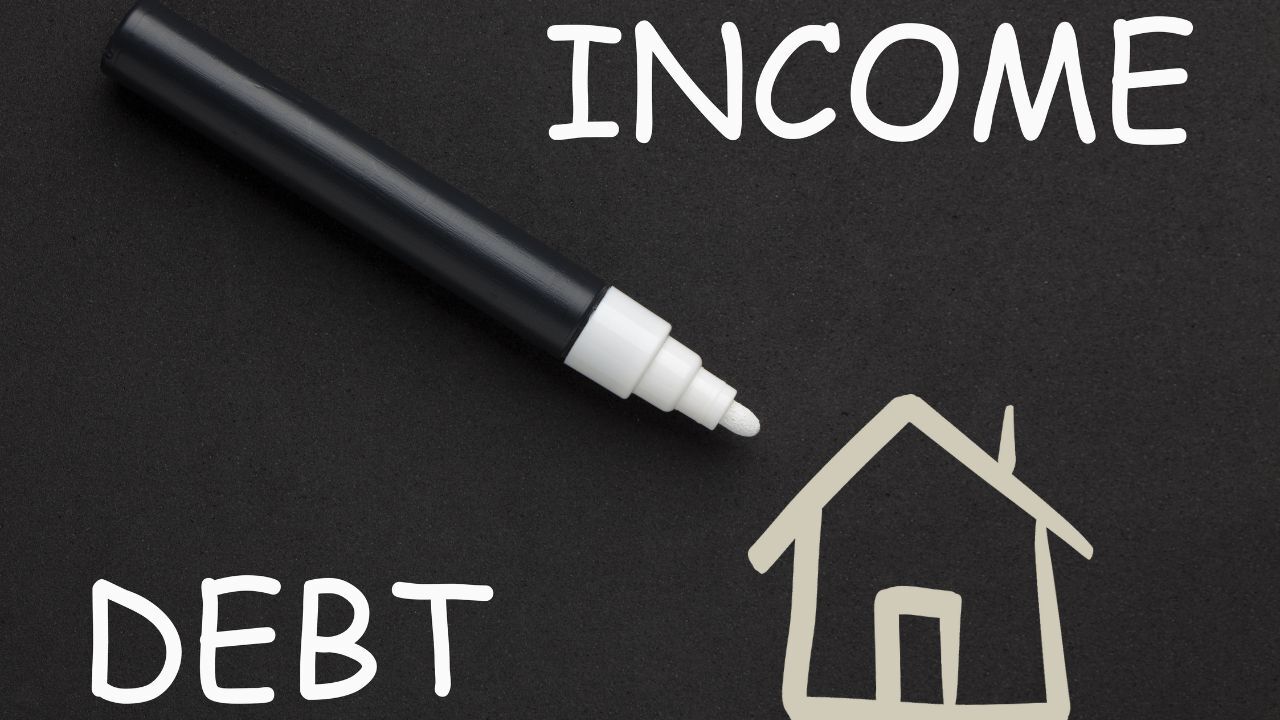Can I Finance Home Renovations Into My Mortgage at Closing?
 Purchasing a home that needs renovations or upgrading your current home can be costly, but financing home improvements through your mortgage can be an effective solution. Instead of taking out a separate loan for renovations, some mortgage programs allow you to roll the cost of home improvements into your home loan at closing. This strategy can help you spread renovation costs over time while securing a potentially lower interest rate compared to personal loans or credit cards.
Purchasing a home that needs renovations or upgrading your current home can be costly, but financing home improvements through your mortgage can be an effective solution. Instead of taking out a separate loan for renovations, some mortgage programs allow you to roll the cost of home improvements into your home loan at closing. This strategy can help you spread renovation costs over time while securing a potentially lower interest rate compared to personal loans or credit cards.
How Financing Renovations Into Your Mortgage Works
When you finance renovations into your mortgage, the loan amount includes both the purchase price (or refinance amount) and the estimated cost of home improvements. The lender typically requires contractor estimates for the work, and funds for renovations may be placed in an escrow account and disbursed as the project progresses.
Loan Options for Financing Home Renovations
Several mortgage programs allow borrowers to finance home improvements at closing:
FHA 203(k) Loan—This government-backed loan is ideal for buyers or homeowners who want to finance major renovations. It comes in two options:
- Limited 203(k) Loan—Covers minor repairs and upgrades up to $35,000.
- Standard 203(k) Loan—Designed for extensive renovations, requiring a licensed contractor and consultant oversight.
Fannie Mae HomeStyle Renovation Loan—Available for both homebuyers and homeowners, this loan allows you to finance nearly any type of renovation, including luxury upgrades. It requires a higher credit score but offers competitive interest rates.
Freddie Mac CHOICERenovation Loan—This program offers flexible financing for home improvements, including repairs to protect against natural disasters, with options for borrowers to complete some work themselves.
VA Renovation Loan—Eligible veterans and service members can finance renovations through their VA loan, though restrictions apply, and lender participation is limited.
Conventional Cash-Out Refinance—Homeowners with existing equity can refinance their mortgage for a higher amount and use the extra cash for renovations.
Benefits of Financing Renovations Into Your Mortgage
- Lower Interest Rates—Mortgage rates are typically lower than personal loans or credit cards, making this a cost-effective option.
- Single Loan Payment—Instead of managing multiple loans, you have one mortgage payment covering both the home and renovations.
- Increased Home Value—Renovations can boost your property value, potentially improving your home s long-term equity.
Considerations Before Choosing a Renovation Mortgage
- Loan Requirements—Some programs require higher credit scores or contractor oversight.
- Project Scope and Costs—Lenders may require detailed renovation plans and cost estimates.
- Disbursement Process—Funds are often released in stages, which can impact project timelines.
Financing renovations through your mortgage can be a smart way to improve your home without taking on additional debt. Whether you re purchasing a fixer-upper or upgrading your current home, exploring renovation loan options can help you achieve your goals while maintaining financial stability. Consulting with a mortgage professional can help you determine the best financing solution for your needs.
 When applying for a mortgage, lenders evaluate several factors to determine your loan eligibility. One of the most critical metrics is your Debt-to-Income Ratio (DTI). Understanding how DTI impacts mortgage approval can help you better prepare for homeownership and improve your chances of securing the loan you need.
When applying for a mortgage, lenders evaluate several factors to determine your loan eligibility. One of the most critical metrics is your Debt-to-Income Ratio (DTI). Understanding how DTI impacts mortgage approval can help you better prepare for homeownership and improve your chances of securing the loan you need. When considering homeownership, many potential buyers wonder: Will getting a mortgage help my credit score? The answer is yes—if managed correctly. A mortgage is a major financial commitment, but it can also be a powerful tool for building and maintaining strong credit. Here’s how a mortgage can affect your credit score and what you should keep in mind.
When considering homeownership, many potential buyers wonder: Will getting a mortgage help my credit score? The answer is yes—if managed correctly. A mortgage is a major financial commitment, but it can also be a powerful tool for building and maintaining strong credit. Here’s how a mortgage can affect your credit score and what you should keep in mind.